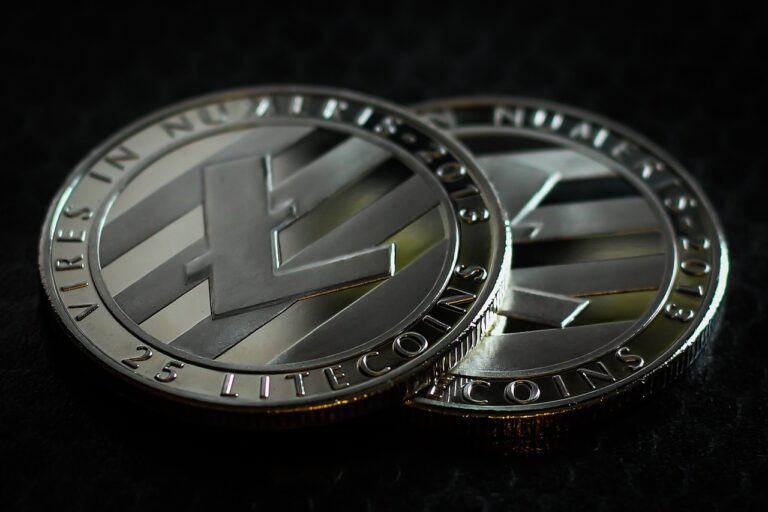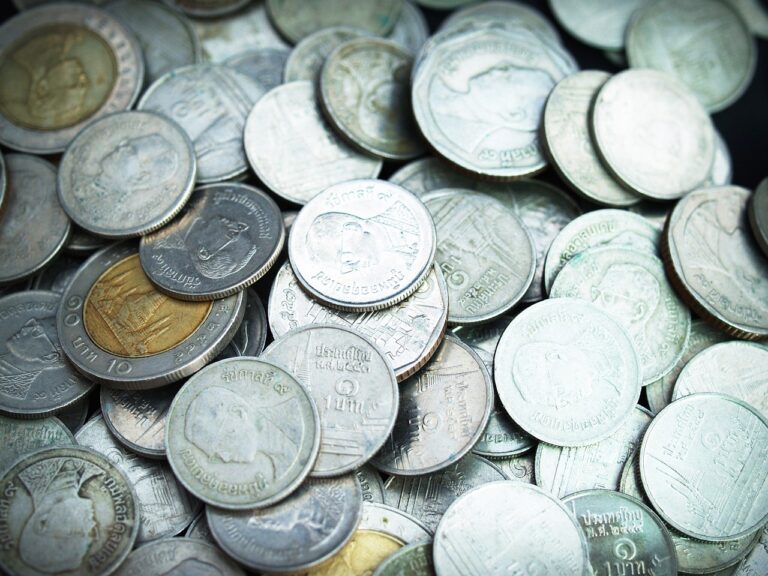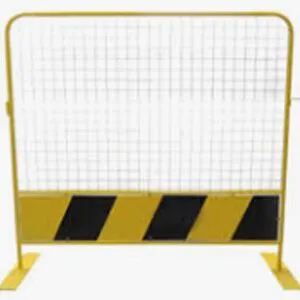A Comprehensive Guide to Choosing the Right Water Heater for Your Home: Types, Key Considerations, and Maintenance Tips
A Water Heater is an essential appliance in many homes, providing hot water for daily activities such as bathing, cooking, cleaning, and even space heating. With various types and models available in the market, it can be overwhelming to select the best water heater for your needs. Understanding the different options and their benefits can help you make an informed decision.
Types of Water Heaters
- Storage Water Heaters
Storage water heaters, also known as tank water heaters, are the most common type used in households. They consist of a tank that stores a large amount of water, typically between 30 to 80 gallons. The water is heated and kept warm for when it’s needed. These units are reliable, and you can always have hot water available, though they may take some time to heat up initially. - Tankless Water Heaters
Tankless water heaters, or on-demand heaters, provide hot water only when it is needed. They don’t store water in a tank, meaning they take up less space and never run out of hot water. They are more energy-efficient because they only use energy when water is being heated. However, they may not be able to supply hot water to multiple faucets or appliances simultaneously in larger households. - Heat Pump Water Heaters
Heat pump water heaters use electricity to move heat from one place to another rather than generating heat directly. These systems are highly energy-efficient and can significantly reduce electricity bills over time. They are ideal for warmer climates as they require ambient air to function effectively. However, they can be expensive to install initially. - Solar Water Heaters
Solar water heaters harness the power of the sun to heat water. They consist of solar panels that capture sunlight and convert it into energy for heating water. Solar heaters are environmentally friendly and can significantly lower utility costs. However, they depend on sunlight and may not be as effective in cloudy or colder climates. These systems also require more space and are typically used in combination with a backup heater for cloudy days. - Condensing Water Heaters
Condensing water heaters are similar to traditional gas heaters but are designed to be more efficient. They capture and use heat from exhaust gases that would otherwise be lost, improving energy efficiency. These systems are suitable for homes with high water usage and are often used in larger households or commercial settings.
Key Factors to Consider
When selecting a water heater, several factors should be considered:
- Capacity: Choose a water heater with sufficient capacity based on your household’s needs. A larger family will likely need a water heater with a larger tank or a more powerful tankless unit to meet demand.
- Energy Efficiency: Look for energy-efficient models that will save you money in the long run. Units with higher efficiency ratings are better for the environment and your wallet.
- Installation Space: Consider the space available in your home. Tankless water heaters are ideal for homes with limited space, while storage heaters require more room for installation.
- Water Usage: If you have high hot water demand, such as multiple bathrooms or appliances running simultaneously, consider opting for a system that can handle these demands without interruption.
- Climate: For homes in warmer regions, a heat pump or solar water heater may be a more sustainable option. However, colder climates might require a more traditional or energy-efficient tank-style water heater.
Maintenance Tips
Regardless of the type, regular maintenance of your water heater can ensure it operates efficiently and has a longer lifespan. Some maintenance tasks include:
- Flushing the Tank: For storage heaters, sediment can build up over time, reducing the efficiency of the unit. Flushing the tank annually helps remove these deposits.
- Inspecting the Anode Rod: In storage water heaters, an anode rod prevents corrosion of the tank. Inspecting and replacing it as needed can extend the life of your water heater.
- Checking for Leaks: Regularly inspect the system for any signs of leaks or malfunctions, which could lead to water damage or higher energy bills.
Conclusion
Choosing the right water heater is an important decision that can impact both your comfort and energy costs. By considering the type of heater, energy efficiency, capacity, and your specific needs, you can make a choice that suits your lifestyle and budget. Whether you choose a traditional storage heater, a tankless model, or a more sustainable option like solar or heat pump heaters, investing in the right water heating system will ensure that you enjoy reliable and efficient hot water for years to come.







